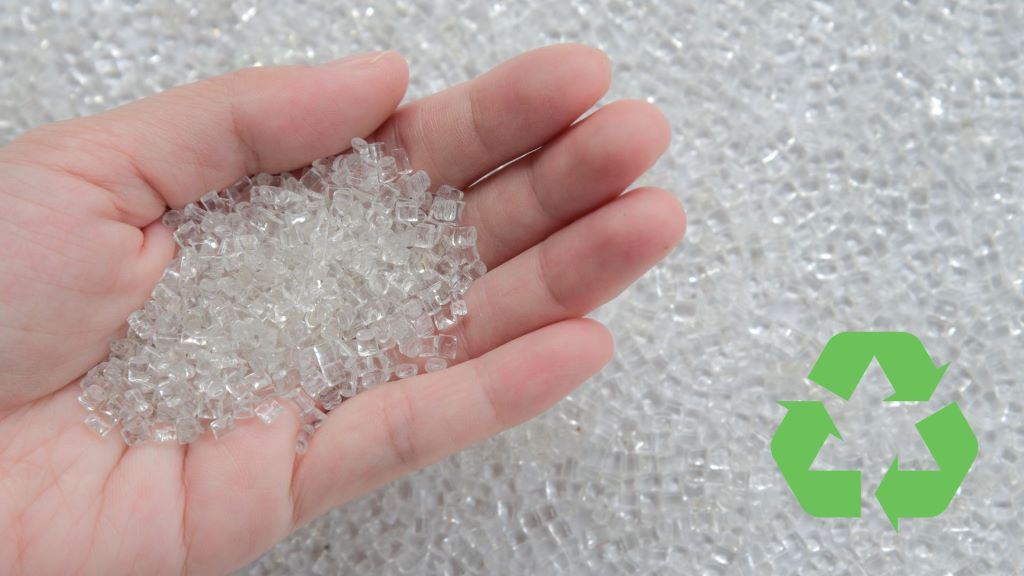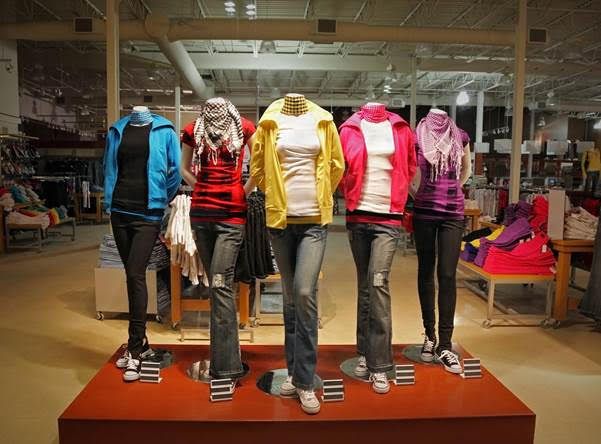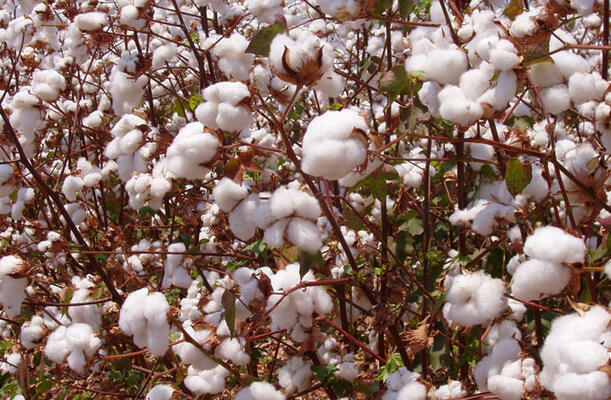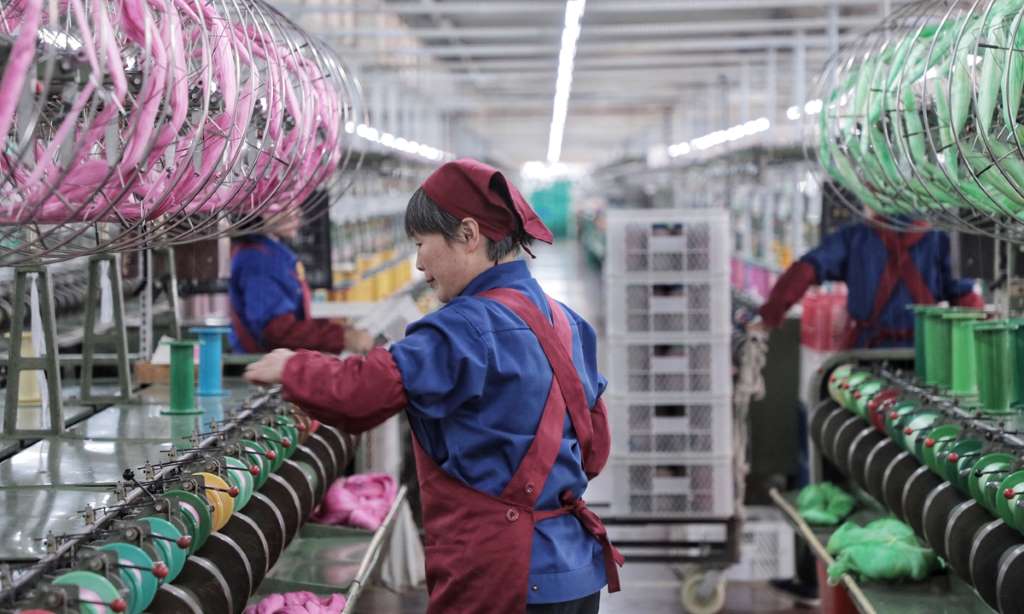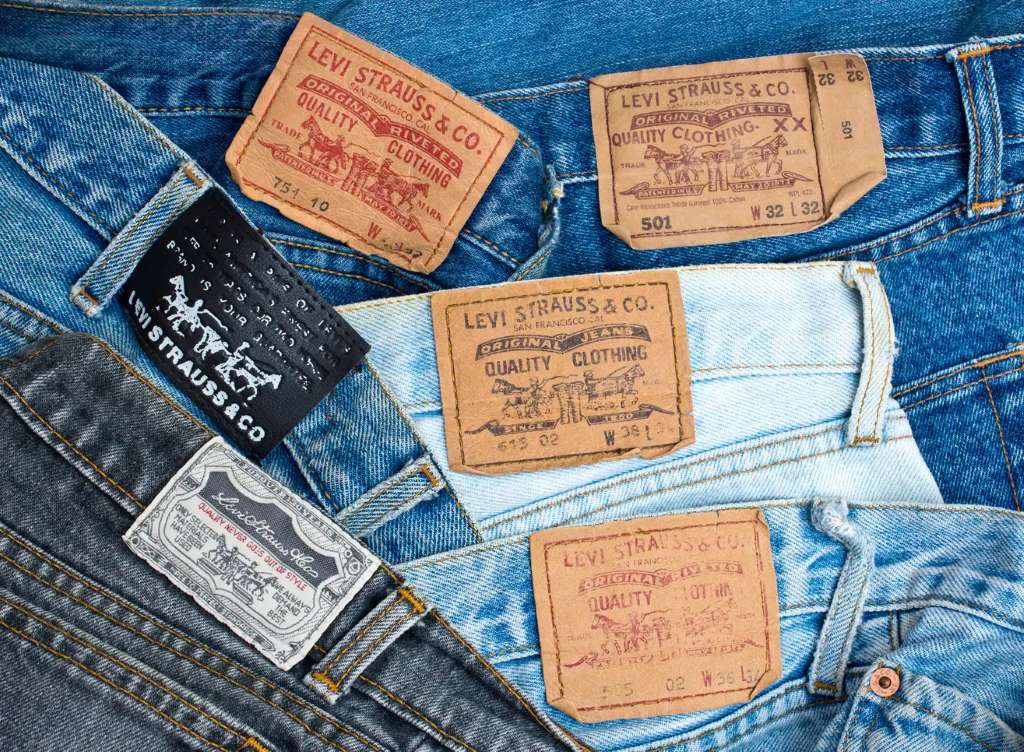 The fashion industry, a major polluter fails to achieve carbon neutrality despite repeated calls by environmentalists and experts. A new survey report by environmental nonprofit Stand.earth shows, around 75 per cent of 47 surveyed fashion and apparel companies do not use clean energy sources. They have been ranked under the F grade by the sustainability index. Some of these brands are industry giants like Under Armour, Prada, and Lululemon. Titled ‘Fossil-Free Fashion Scorecard’, the index ranks 35 companies ‘F’ grade for their efforts towards energy efficiency and transition to clean energy across their supply chains.
The fashion industry, a major polluter fails to achieve carbon neutrality despite repeated calls by environmentalists and experts. A new survey report by environmental nonprofit Stand.earth shows, around 75 per cent of 47 surveyed fashion and apparel companies do not use clean energy sources. They have been ranked under the F grade by the sustainability index. Some of these brands are industry giants like Under Armour, Prada, and Lululemon. Titled ‘Fossil-Free Fashion Scorecard’, the index ranks 35 companies ‘F’ grade for their efforts towards energy efficiency and transition to clean energy across their supply chains.
Growing dominance of fossil fuels
The report also ranks companies for their use of fossil fuel-based synthetic materials, such as polyester, as well as their public record on setting emissions reduction targets. It gives 20 companies an ’F’ score, 17 brands ‘D’ score, 9 labels a ‘C’ score and one company-Mammut a ‘B’ grade. The Stand.earth report highlights the use of fossil fuels by the fashion industry. It shows, the fashion industry continues to rely on coal for its manufacturing operations. This raises pollution levels in countries like Vietnam and Bangladesh, it adds. Of the 47 companies surveyed, only three brands -- Asics, Mammut and REI—have pledged to curb their green house gas emissions by 50 per cent by 2030. All other companies have set their emission targets at 30 per cent or lower.
record on setting emissions reduction targets. It gives 20 companies an ’F’ score, 17 brands ‘D’ score, 9 labels a ‘C’ score and one company-Mammut a ‘B’ grade. The Stand.earth report highlights the use of fossil fuels by the fashion industry. It shows, the fashion industry continues to rely on coal for its manufacturing operations. This raises pollution levels in countries like Vietnam and Bangladesh, it adds. Of the 47 companies surveyed, only three brands -- Asics, Mammut and REI—have pledged to curb their green house gas emissions by 50 per cent by 2030. All other companies have set their emission targets at 30 per cent or lower.
Further, the report shows, brands continue to the ignore GHG emissions produced by their fossil fuel-reliant supply chain. Around 75 per cent brands in the survey have been graded with an ‘F’ for failing to use renewable energy resources across their supply chain.
Lack of renewable materials
Only six companies are using renewable energy in their supply chains. These include Asics, Levi’s, Mammut, Nike, Puma, and VF. Of these, only Asics has ended on-site coal burning across all Tier II supplier facilities. The remaining brands have committed to abandon coal use by 2030.
The report further highlights increasing use of fossil fuel-based materials by the industry. Many brands in the survey are seen to be using fossil fuel-derived fibers such as polyester. Only two brands, Vaude and Eileen Fisher, are using low-carbon materials. These brands have been ranked under the ‘B+’ and ‘B-’ grades. On the other hand, luxury labels and fast fashion brands like Chanel, Lululemon, Prada, M&S, Primark, LVMH, Gap and Ferragamo—have been ranked ‘F’ for being the worst performers on the sustainability front.
A similar report by Changing Markets Foundation names Boohoo for making most of its collections with synthetic materials. The report rebukes 60 per cent of all ‘green’ material claims by leading fashion brands as greenwashing.
The Stand.earth report also accuses brands of exploiting popular buzzwords like climate positive or carbon neutral, for financial gains. Most of these claims are not supported with any evidences of reduced emissions or altered sourcing or transportation methods. A case in point is Ralph Lauren, which though commits to achieve zero-carbon emissions by 2040, fails to improve its production processes with renewable energy.

